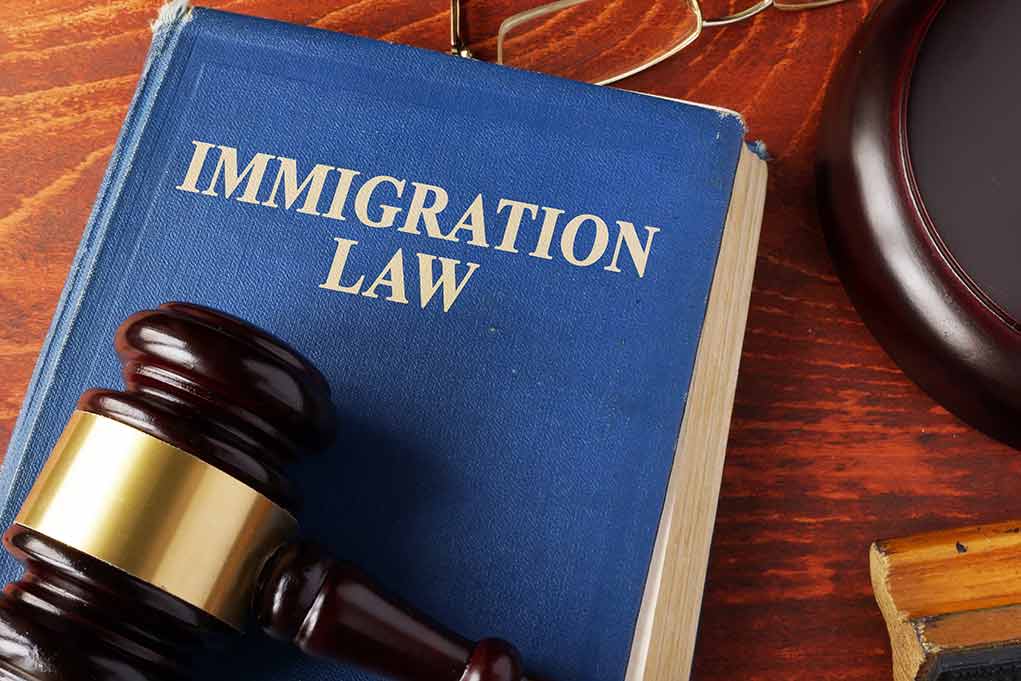
Legal immigrants are turning their backs on Democrats in a historic political shift as the party continues to conflate their status with that of illegal border crossers, fueling a 40-point swing in support toward Republicans since 2020.
Key Takeaways
- Foreign-born Americans have shifted dramatically toward Republican immigration policies, with a 40-point swing since 2020 from trusting Democrats to now favoring Republicans on immigration issues.
- Legal immigrants express frustration at being grouped with illegal entrants by politicians who blur the distinction between those who followed proper channels and those who circumvented them.
- The rigorous legal immigration process, often taking years and thousands of dollars, stands in stark contrast to the perceived benefits sometimes provided to illegal entrants.
- Recent violent protests in Los Angeles against ICE deportations have highlighted the growing tension between immigration enforcement and sanctuary city policies.
- Legal immigrants increasingly resent politicians who undermine the value of their lawful path to citizenship by advocating for those who entered illegally.
The Growing Political Divide on Immigration
The political landscape is experiencing a seismic shift as legal immigrants increasingly align themselves with Republican immigration policies. This trend reflects mounting frustration among those who followed the rules to enter America legally, only to see their efforts seemingly devalued by policies that appear to reward illegal entry. Recent polling data confirms this dramatic realignment, with foreign-born Americans swinging 40 points away from Democrats toward Republicans on immigration issues since 2020. This political transformation comes as the Trump administration implements stronger enforcement measures against illegal immigration, triggering protests in sanctuary cities like Los Angeles.
The immigration debate has intensified in cities across America, particularly in Los Angeles where violent protests have erupted in response to ICE deportation operations. The National Guard and a small contingent of Marines have been mobilized to address these demonstrations, which represent the most significant civil unrest in California since the summer of 2020. These protests highlight the deep divisions within communities regarding immigration enforcement and the role of sanctuary city policies in challenging federal authority. For many legal immigrants watching these events unfold, the riots reinforce their belief that respect for American laws should be fundamental.
The Legal Immigrant Perspective
Legal immigrants who endured lengthy application processes, substantial financial investments, and rigorous vetting procedures express particular resentment toward politicians who fail to distinguish between legal and illegal immigration. Many feel that their commitment to following proper channels has been devalued by policies that appear to reward those who circumvented the system. This sentiment is especially prevalent among immigrants who waited years, sometimes decades, to receive proper documentation before entering the United States, only to see others crossing borders illegally receive accommodation, financial support, and political advocacy.
“I followed the process to come into this country legally, and by definition if you didn’t follow that process, if you cut the lines, you’ve broken our laws,” he told ABC News. “If you’re in this country illegally, you need to go,” said Ohio Sen, Bernie Moreno.
The frustration extends beyond the immigration process itself to the political rhetoric that surrounds it. When politicians and social media influencers make sweeping statements about immigrants without distinguishing between legal and illegal status, they inadvertently lump together vastly different populations with different relationships to American law. This careless conflation has real political consequences, as evidenced by the dramatic shift in support among legal immigrants who increasingly see Republicans as the party that respects their lawful path to citizenship while enforcing consequences for illegal entry,” according to ABC News.
Community Impact and Competing Narratives
The impact of illegal immigration extends beyond political realignments to affect communities directly. In Los Angeles, some Black residents have expressed frustration with how illegal immigration has affected their neighborhoods economically and politically. The competition for jobs, housing, and resources has created tension in communities already struggling with limited opportunities. This perspective stands in contrast to the narrative promoted by protesters who emphasize the human connections and contributions of undocumented residents, creating a complex web of competing legitimate concerns.
“Do you have a problem with my newspaper? Well, if you do, then you can just get the hell on. I voted for this man and you know why? Because he is going to get rid of these damn illegals who are ruining our community,” said an older Black woman.
For many legal immigrants, the American dream was never about circumventing laws or participating in civil unrest—it was about embracing American values, including respect for the rule of law. The chaotic immigration situation under the previous administration, where millions crossed the border illegally while legal applicants faced denials and delays, has strengthened this conviction. Many legal immigrants express that they came to America precisely because it was a nation of laws and opportunities, not to undermine those very principles. President Trump’s enforcement actions, while controversial in some circles, resonate with those who believe immigration should occur through established legal channels.
The Path Forward
The significant political realignment among legal immigrants signals a broader challenge for Democrats who have traditionally counted on strong support from immigrant communities. By failing to maintain clear distinctions between legal and illegal immigration in both rhetoric and policy, the party has alienated a crucial constituency that increasingly sees Republican policies as more respectful of their lawful efforts to join American society. As deportation operations continue under the Trump administration, the political divide is likely to sharpen further, with legal immigrants continuing to support enforcement of the very laws they worked so diligently to follow.
The current immigration debate ultimately reflects fundamental questions about American identity and values. Legal immigrants who followed proper channels have demonstrated their commitment to American institutions and processes. Their growing political alignment with Republicans suggests that respect for law and order remains central to many immigrants’ vision of the American dream. As the nation continues to grapple with immigration policy, the voices of legal immigrants provide a crucial perspective—one that increasingly shapes the political landscape and challenges assumptions about immigrant voting patterns.
















